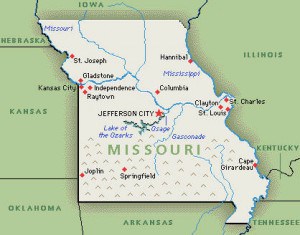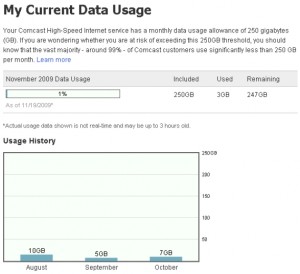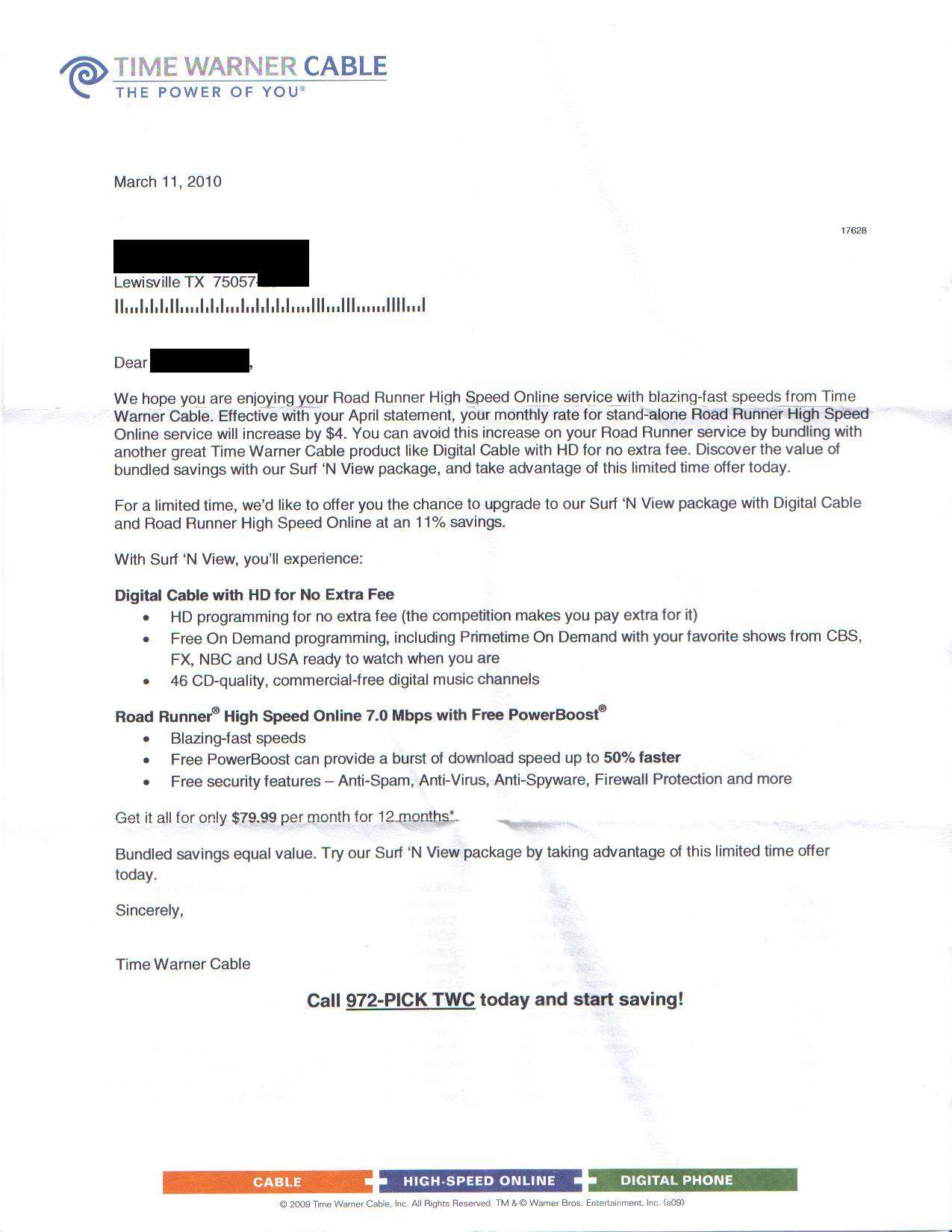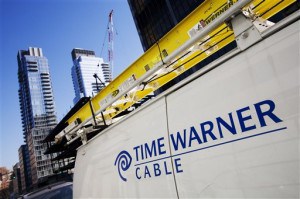 Governor Jay Nixon has announced support for 12 different proposals from across Missouri that would expand broadband Internet access in rural and underserved parts of the state for health care, business, education and consumers.
Governor Jay Nixon has announced support for 12 different proposals from across Missouri that would expand broadband Internet access in rural and underserved parts of the state for health care, business, education and consumers.
As part of the MoBroadbandNow initiative, Missouri is coordinating efforts among private companies, local governments and rural electric cooperatives to extend broadband access to 95 percent of Missouri residents over the next five years. Much of the funding to support rural broadband expansion would come through federal stimulus money from the Recovery Act, and those backing the Missouri effort hope a coordinated approach improves the state’s chances to secure funding.
“These proposals were closely reviewed, and we identified the ones we believe are most likely to receive federal funding and most closely aligned with the vision of MoBroadbandNow,” said Governor Nixon.
Five of the applications supported by the State of Missouri are for developing middle-mile infrastructure for broadband, which would help extend existing broadband service to additional homes previously deemed too rural; six are for developing last-mile projects which directly reach customers; and one is for developing public computing centers, which will provide broadband access in public locations, often targeting a specific vulnerable population such as low-income, minority, disabled or unemployed Missourians.

Gov. Nixon
The middle-mile proposals that received letters of support from the Governor included:
- BlueBird Media, of Columbia, which plans to build a middle-mile network in northern Missouri;
- Boycom Cablevision, of Poplar Bluff, which plans to build a middle-mile network along the U.S. Highway 60 corridor in southern Missouri and into the Bootheel;
- Sho-Me Technologies, of Marshfield, which plans to build a middle-mile network in central and south central Missouri;
- SpringNet, a division of City Utilities of Springfield, which would provide broadband to customers in the metropolitan Springfield area; and
- American Fiber Systems, of Rochester, N.Y., which plans to provide connections to several Metropolitan Community College facilities in Jackson County.
The last-mile proposals that received letters of support from the Governor included:
- Big River Telephone Company, of Cape Girardeau, which would provide broadband to households and businesses in southeast Missouri;
- Cass County, which would provide broadband to households and businesses in western Missouri;
- Co-Mo Electric Cooperative, of Tipton, which would provide broadband to households and businesses in west-central Missouri;
- Finally Broadband, of Seymour, which would provide broadband to households and businesses in south central Missouri;
- Socket, of Columbia, which would provide broadband to households in central Missouri; and
- United Electric Cooperative, of Savannah, which would provide broadband to households and businesses in northwest Missouri.
The public computing center proposal supported by the governor is being submitted by YourTel America, which would create eight public computing centers at retail centers, including five in the Kansas City area, two in the St. Louis area, and one in St. Joseph. These public computing centers also will focus on bringing broadband access to vulnerable populations of Missourians.
Currently, 77 percent of Missouri residents can obtain broadband from DSL service from AT&T and smaller independent phone companies, cable modem service from providers like Charter, Mediacom, and Cable One, and mobile broadband provided by several carriers. Most the remaining residents have little/no access to broadband service except through satellite fraudband, which promises far more than it delivers.
[flv]http://www.phillipdampier.com/video/KYTV Springfield KOLR Springfield Rural Broadband Initiative 8-12-09 3-31-10.flv[/flv]
We have two reports – the first from KYTV-TV in Springfield which comes from August 12, 2009 exploring the state of Missouri broadband and the launch of the MoBroadbandNow coordinated stimulus funding effort and the second from KOLR-TV in Springfield discussing Governor Nixon’s announcement yesterday. (4 minutes)


 Subscribe
Subscribe






